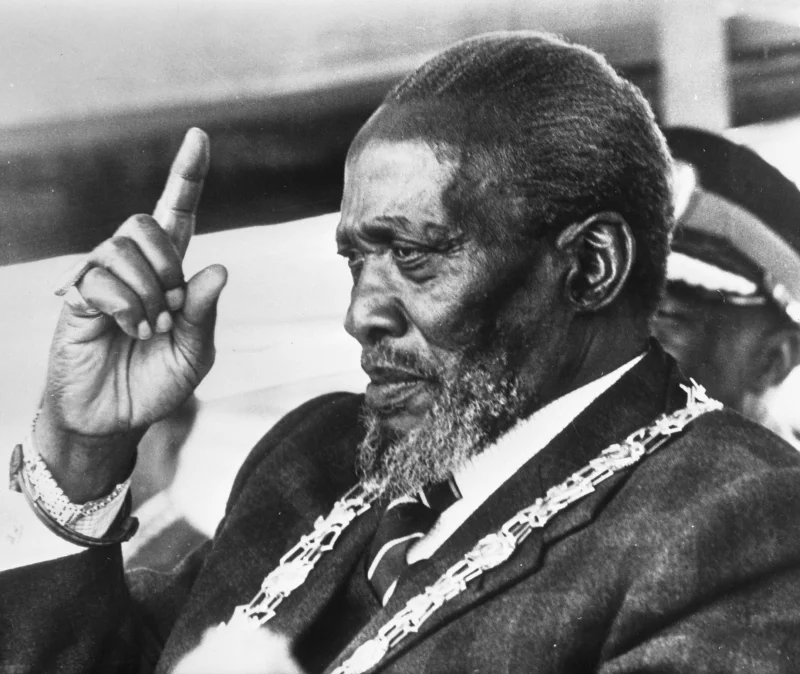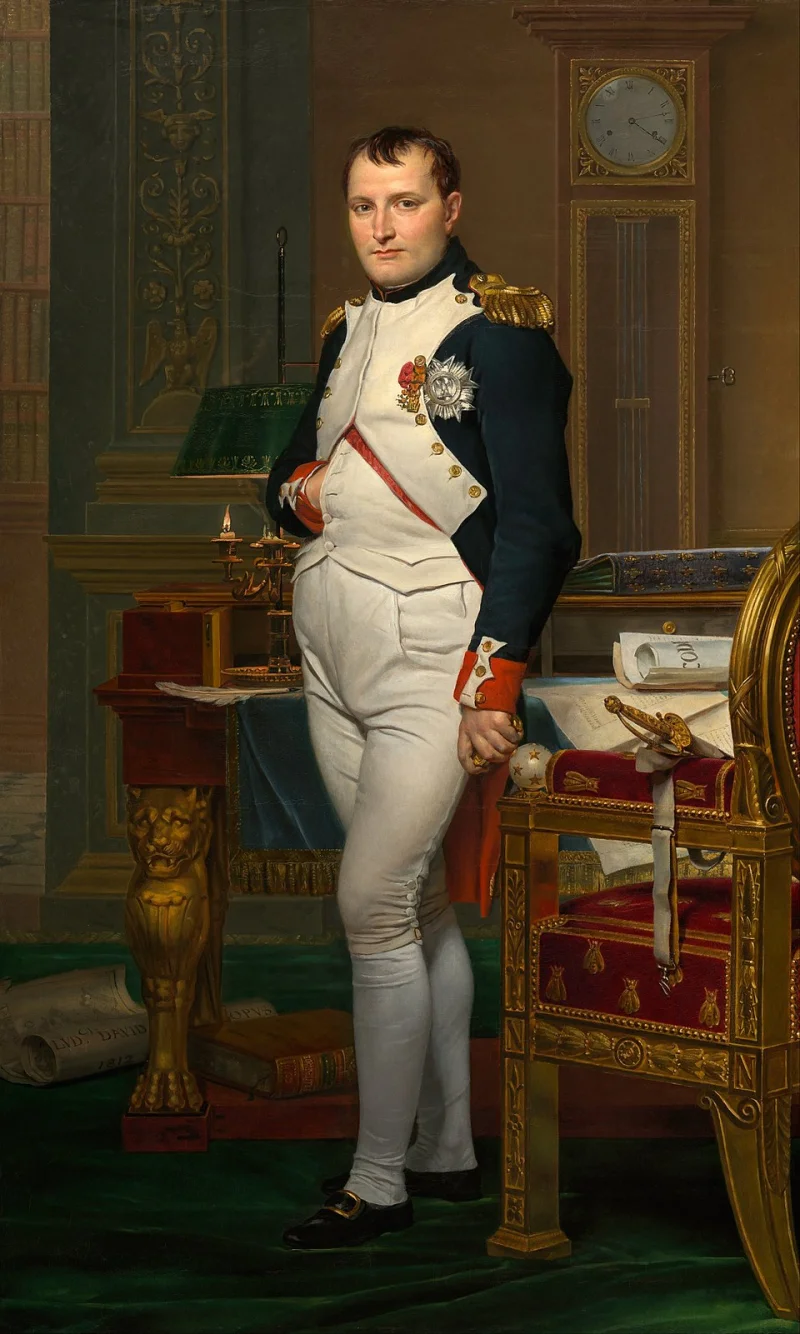Short Summary
Jomo Kenyatta was a prominent Kenyan statesman and the first Prime Minister and President of independent Kenya. He is celebrated for leading Kenya to independence from British colonial rule and for his significant role in the nation's political and economic development. Kenyatta is often referred to as the "Father of the Nation" due to his pivotal role in shaping modern Kenya.
Early Life & Education
Born around 1897 in the village of Ng’enda, Gatundu, in British East Africa (now Kenya), Jomo Kenyatta was a member of the Kikuyu ethnic group. He was originally named Kamau wa Ngengi. After the death of his parents, he was raised by his grandfather. Kenyatta attended a missionary school where he was baptized and given the name Johnstone Kamau. He later joined the Church of Scotland Mission at Thogoto, where he trained as a carpenter. In the 1920s, he moved to Nairobi, working various jobs and becoming increasingly involved in political activism.
Career Highlights
Kenyatta's political career began in earnest in the 1920s when he joined the Kikuyu Central Association, advocating for African rights. In 1931, he traveled to London to present African grievances to the British government. During his time in Europe, he studied at University College London and the London School of Economics. Upon returning to Kenya, he became a central figure in the independence movement. In 1963, after years of activism and negotiation, Kenya gained its independence, and Kenyatta became its first Prime Minister. In 1964, he became the first President of Kenya, a position he held until his death in 1978.
Major Achievements
- Led Kenya to independence from British colonial rule in 1963.
- Served as the first Prime Minister and President of Kenya, shaping its early policies and development.
- Advocated for African education and land rights, crucial for post-colonial development.
- Established a one-party state, promoting political stability and economic growth during his tenure.
Famous Quotes
- "Our children may learn about the heroes of the past. Our task is to make ourselves the architects of the future."
- "When the missionaries arrived, the Africans had the land and the missionaries had the Bible. They taught us how to pray with our eyes closed. When we opened them, they had the land, and we had the Bible."
Interesting Facts
- Jomo Kenyatta was imprisoned by the British for several years during the Mau Mau Uprising.
- He was a contemporary and friend of several other African leaders, including Kwame Nkrumah of Ghana.
- Kenyatta authored a book titled "Facing Mount Kenya," which explores Kikuyu traditions and colonial impact.
- He was known for his distinct fashion style, often wearing a beaded fly-whisk.
Legacy / Influence
Jomo Kenyatta's legacy is deeply etched in Kenya's history as a pioneer of independence and nation-building. His leadership set the foundation for modern Kenya, fostering unity among diverse ethnic groups and promoting economic development. Despite some controversies, he remains a symbol of Kenyan resilience and self-determination, inspiring future generations of leaders across Africa.
FAQ
Q: Why is Jomo Kenyatta famous?
A: He is famous for being the first Prime Minister and President of Kenya and leading the country to independence.
Q: What was Jomo Kenyatta's role in Kenya's independence?
A: He was a key figure in the independence movement, negotiating with the British and leading Kenya to self-governance.
Q: What was Kenyatta's approach to governance?
A: He promoted political stability and economic growth through a centralized, one-party system.
Q: How did Kenyatta influence other African leaders?
A: As a leader in the independence movement, he inspired other African nations to pursue self-determination and governance.









